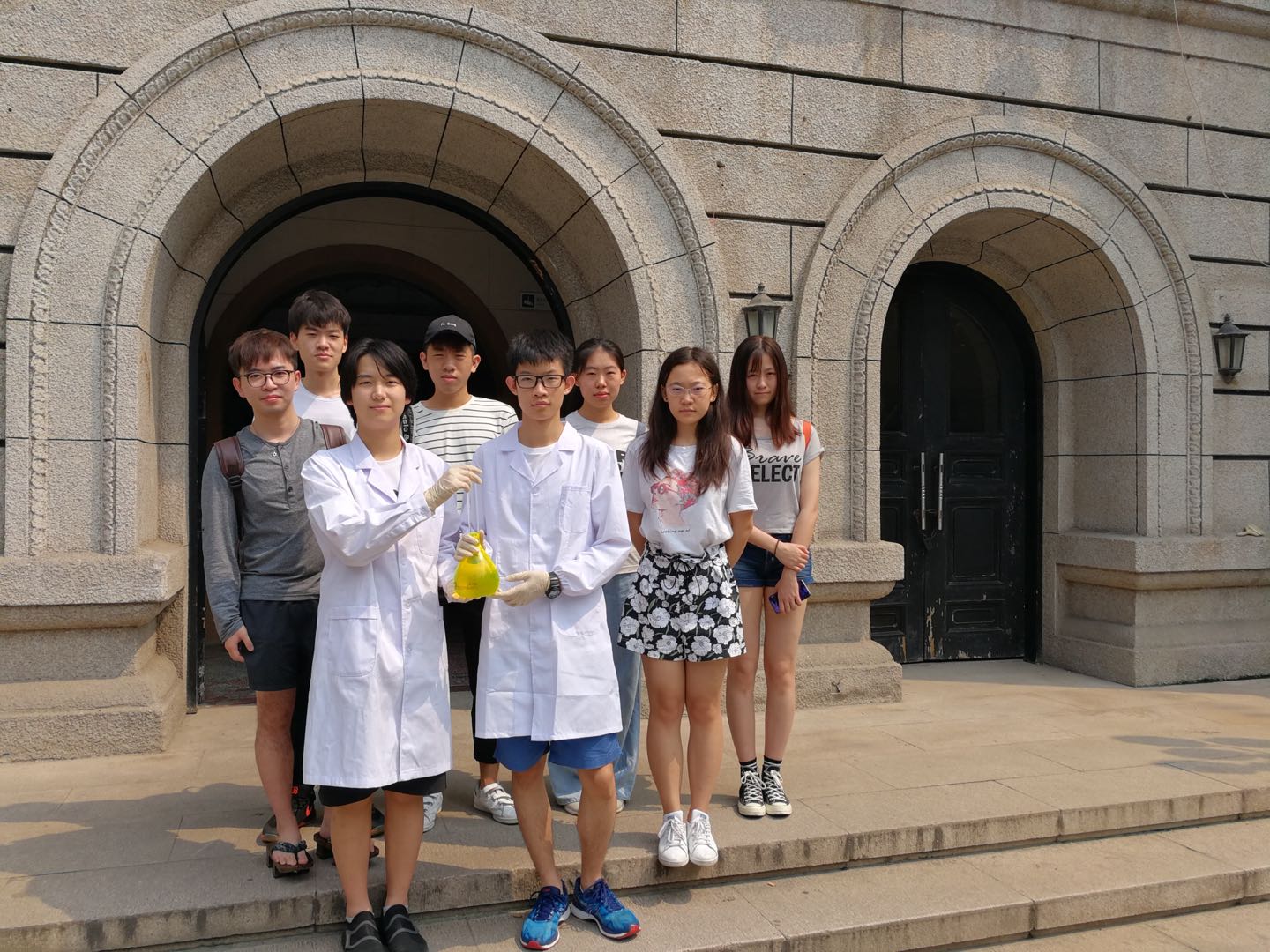| Line 65: | Line 65: | ||
</li> | </li> | ||
<li><a href="https://2018.igem.org/Team:UST_Beijing/Model">Model</a></li> | <li><a href="https://2018.igem.org/Team:UST_Beijing/Model">Model</a></li> | ||
| − | <li><a href="https://2018.igem.org/ | + | <li><a href="https://2018.igem.org/Team:UST_Beijing/Safety">Safety</a></li> |
<li class="dropdown active"><a href="javascript:{}">Awards</a> | <li class="dropdown active"><a href="javascript:{}">Awards</a> | ||
<ul class="dropdown-menu"> | <ul class="dropdown-menu"> | ||
Revision as of 00:57, 12 October 2018
Materials
- Plate reader: PerkinElmer EnSpire - 96 well plates (transparent plates with clear flat bottom) - Devices: Positive control:BBa_I20270 Negative control: BBa_R0040 Device 1: BBa_J364000 Device 2: BBa_J364001. Device 3: BBa_J364002 Device 4: BBa_J364007 Device 5: BBa_J364008 Device 6: BBa_J364009 - Fluorescein (provided in kit) - 10ml 1xPBS pH 7.4-7.6 (phosphate buffered saline) - 300 μL Silica beads - Microsphere suspension (provided in kit, 4.7x10^8 microspheres) - 1ml LUDOX CL-X (provided in kit) - ddH2O
Conclusion
Both Device 2 and Device 4 showed higher fluorescence values than other Devices, and Device 2 is the best. The fluorescence result of Device 3 is the lowest, still higher than negative control though.



